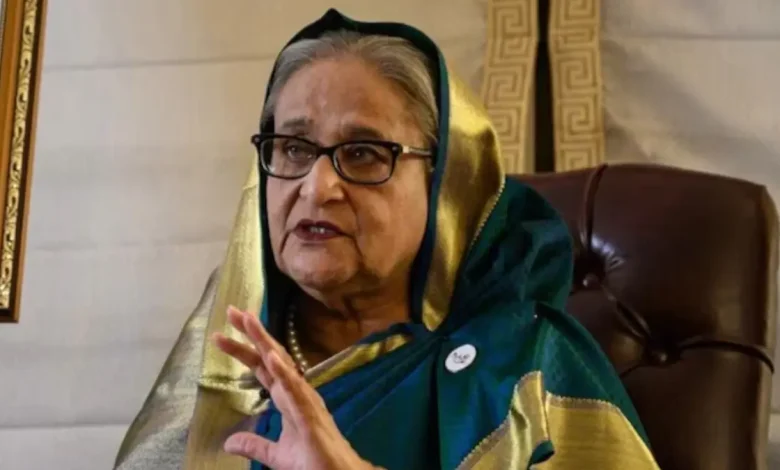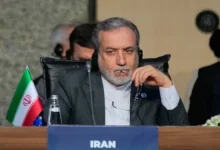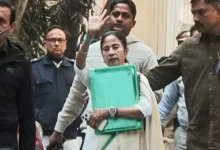Families Demand Hasina’s Return for Execution After Death Sentence in Brutal Protest Crackdown

Dhaka – In a courtroom packed with raw emotion, a special tribunal in Dhaka delivered a seismic verdict on Monday, condemning ousted Prime Minister Sheikh Hasina and her former Home Minister Asaduzzaman Khan to death for crimes against humanity tied to the deadly suppression of student-led protests in 2024.
For Shahina Begum, the ruling unleashed a torrent of grief and resolve. Her son, 20-year-old Sajjat Hosen Sojal, was gunned down by police on August 5, 2024, his body later incinerated – one of six student demonstrators killed that day in Ashulia, a bustling garment manufacturing area outside the capital. Prosecutors contend the deaths, including one victim allegedly set ablaze inside a police station, stemmed from direct orders by Hasina in a frantic effort to retain control amid the escalating July Uprising. That movement, sparked by opposition to a job quota system favoring descendants of 1971 independence war veterans, saw security forces unleash violence that claimed over 1,400 lives, per United Nations estimates.
The trial, conducted without Hasina or Khan present after they escaped to India, also handed a five-year prison term to ex-police chief Chowdhury Abdullah al-Mamun, who cooperated as a state witness. As news spread, Begum, speaking from her home in northern Gaibandha’s Shyampur village, vowed no respite until accountability. “I won’t find peace until she’s dragged back here and hanged,” she told Al Jazeera. Recalling her son’s final cries from the station, she added, “They torched him in minutes, yet this judgment took nearly 18 months. Can our leaders truly retrieve her from India? What if a future regime shields her killers?”
ALSO READ : Mandatory Duty For India : Bangladesh Asks India To Extradite Former PM Hasina
Doubts linger over extradition, given India’s longstanding ties to Hasina’s 15-year autocratic reign. Yet for many bereaved families, the sentence marks a tentative step toward reckoning. Outside the tribunal, Mir Mahbubur Rahman Snigdho, whose brother Mir Mugdho fell to gunfire during the unrest, declared Hasina “merits the harshest fate, repeatedly.” Nearby, Syed Gazi Rahman, father of slain protester Mutasir Rahman, demanded swift, public enforcement, charging that Hasina had “hollowed out countless families’ cores.”
Some 300 kilometers north in Rangpur’s Bhabnapur Jaforpara, relatives of Abu Sayeed – the uprising’s inaugural victim, shot dead by police on July 16, 2024, while rallying against the quotas – savored the outcome. “My chest eases at last; she must be hauled from India and put to death here, pronto,” said his father, Mokbul Hossain. His mother, Monowara Begum, echoed the sentiment: “He’s lost to us forever – the penalty demands execution.” The family marked the day by sharing sweets with well-wishers.
In Dhaka’s Chankharpul, Sanjida Khan Dipti, whose 10th-grader Shahriar Khan Anas was fatally shot on the same chaotic August day, described the ruling as mere solace. “True reckoning comes with implementation,” she said. “Even 1,400 such verdicts fall short for a leader who orphaned thousands to grip power. The globe must witness the fallout.” Dipti faulted the leniency toward al-Mamun: “As head of security, he turned butcher of our youth – he warranted far more time.”
The decision ignited marches across Dhaka and beyond. At Dhaka University, second-year student Ar Rafi pledged sustained street pressure for Hasina’s return: “Joy today, but we’ll vigil until she’s executed.” At Shahbagh, the group Maulik Bangla staged a mock hanging, with Inquilab Manch spokesperson Sharif Osman bin Hadi framing it as a warning: “No tyrant shall ascend unchecked again.”
Opposition voices amplified the chorus. Bangladesh Nationalist Party leader Salahuddin Ahmed hailed it as proof that “even fascists face the bar eventually.” Bangladesh Jamaat-e-Islami’s Mia Golam Porwar affirmed that “no leader evades the law,” offering “slight balm” to grieving kin.
Global watchdogs tempered enthusiasm. The United Nations human rights office deemed it “pivotal for victims” but flagged absentia proceedings and capital punishment as potential breaches of fair trial norms, renewing its abolition stance. Amnesty International critiqued the haste: “Victims merit superior pursuit of truth; death sentences merely layer abuses, the cruelest denial of rights.”
For survivors like 21-year-old TikToker Atikul Gazi – who lost his left arm to a close-range shot on August 5, 2024, yet became an icon via a defiant selfie video – the moment signals inevitability. “It whispers to the martyrs’ spirits: rest may come,” he told Al Jazeera. “Justice, though delayed, endures.”




